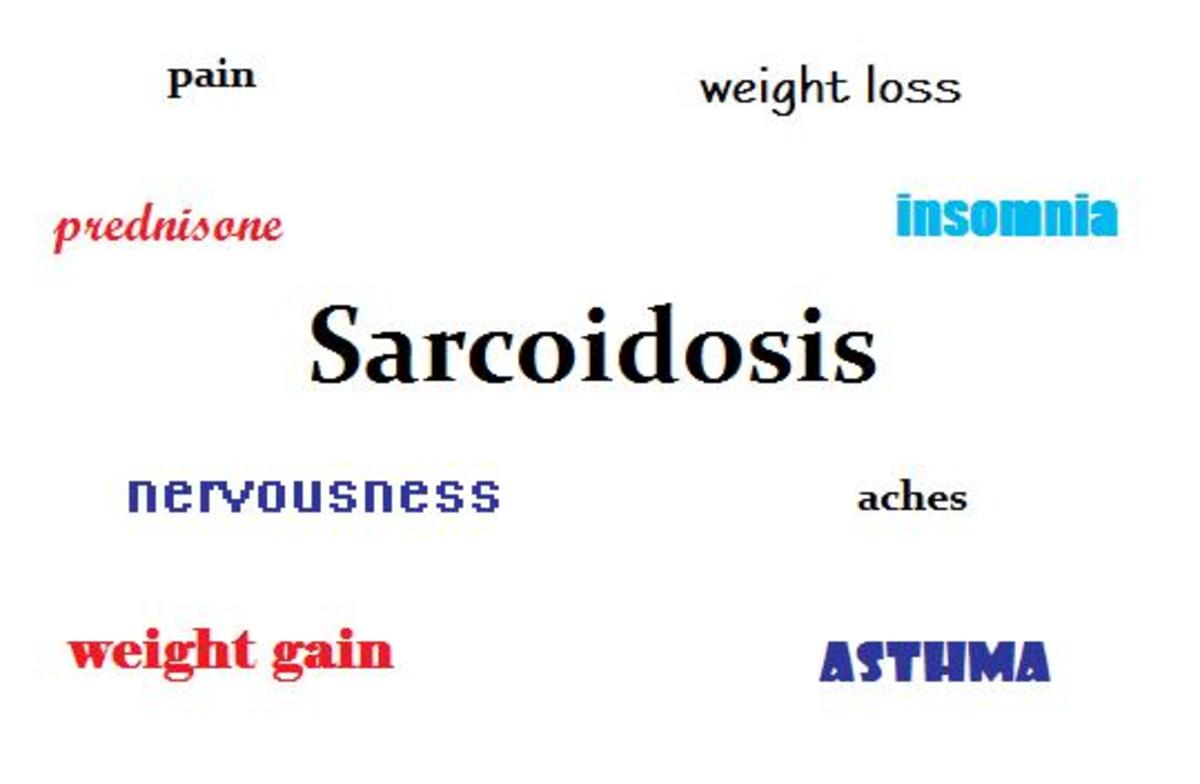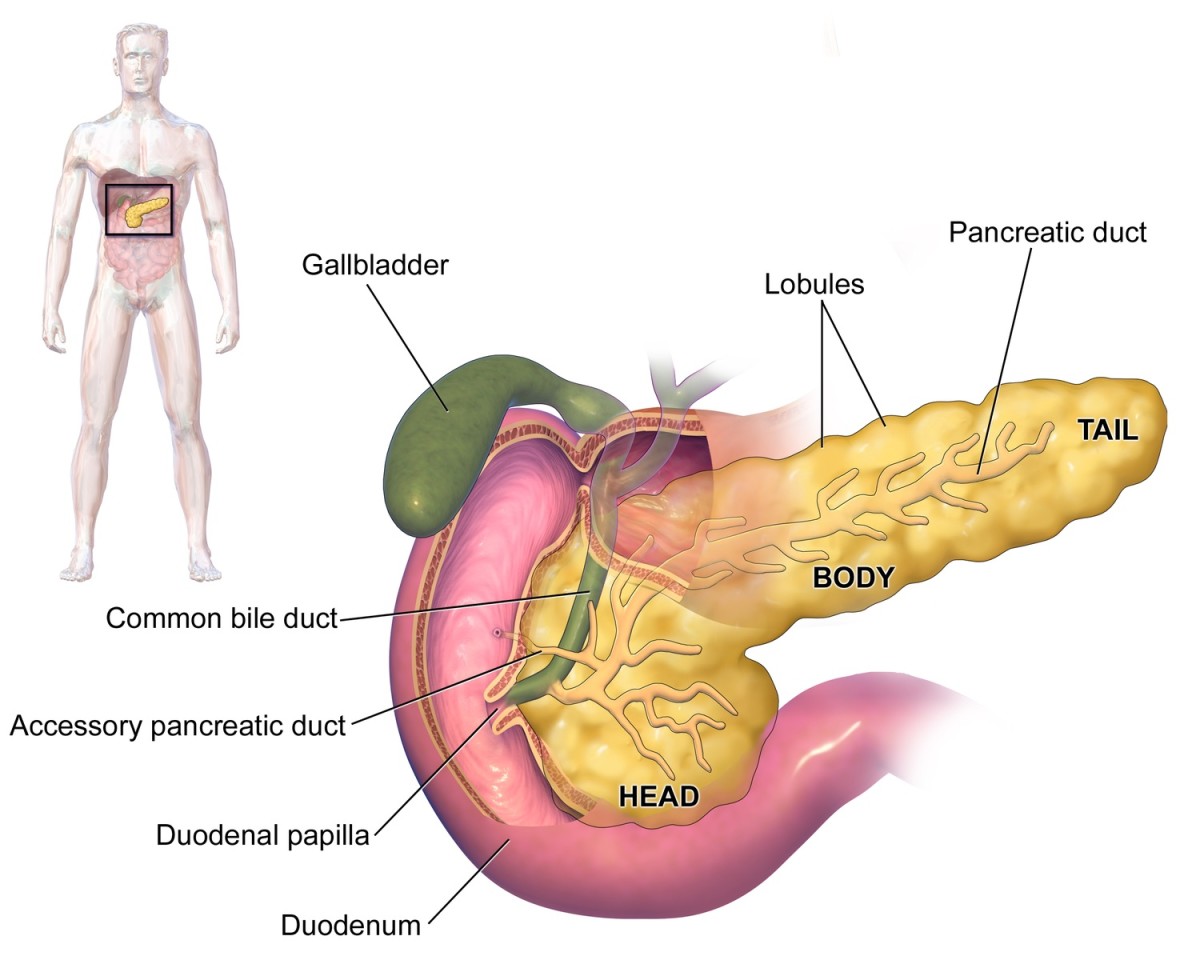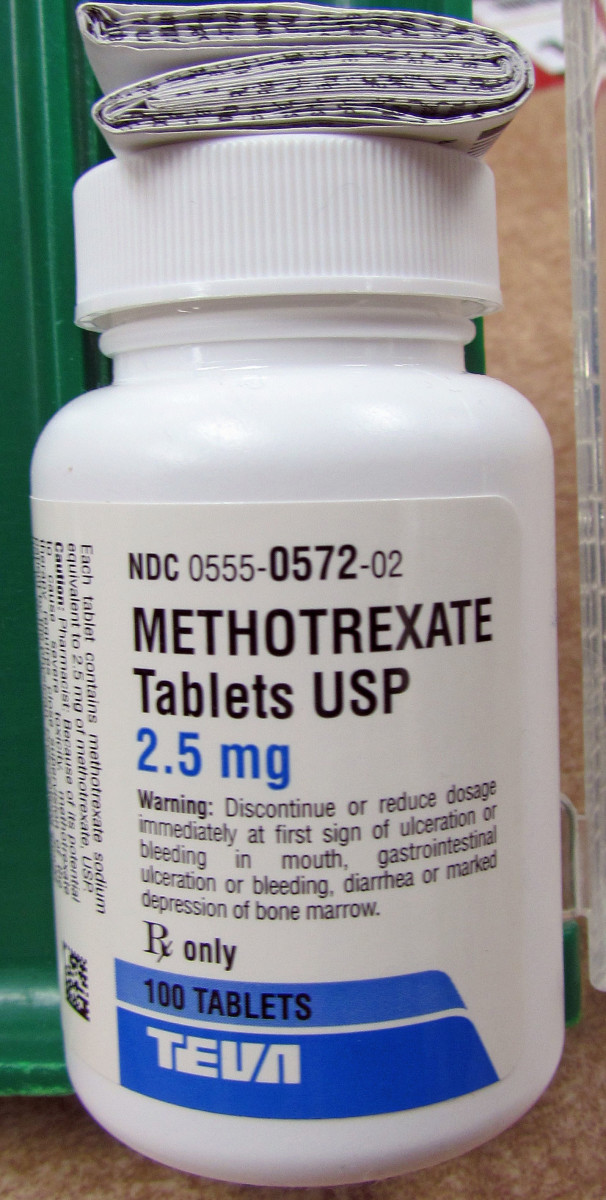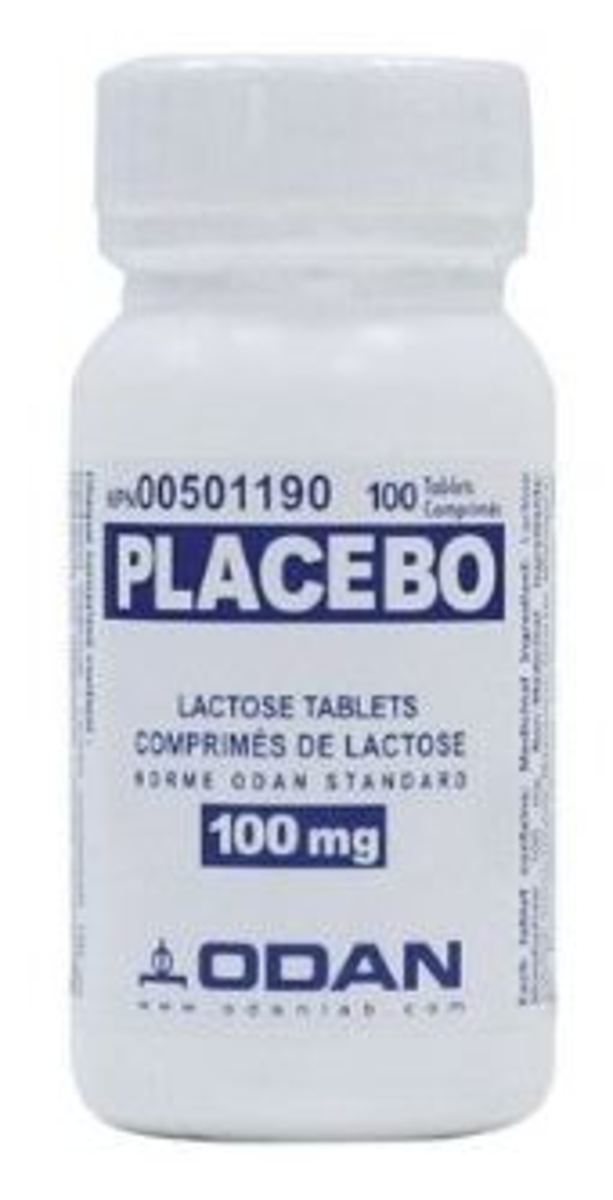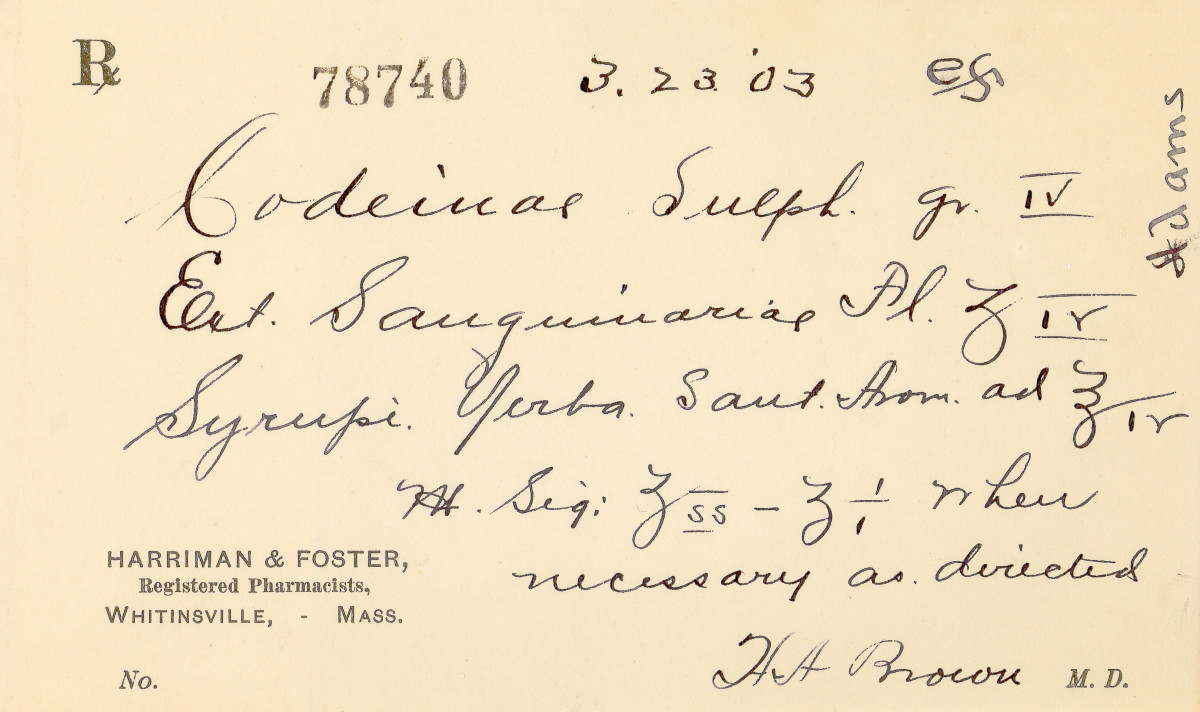What Is Prednisone?
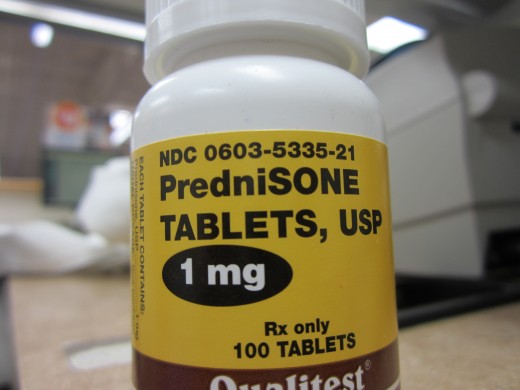
Prednisone: Widely Used Prescription
Of all the prescription medications available, few have such a wide range of uses as prednisone. Chances are that you, or someone you know, has taken prednisone before. Maybe it was after a severe allergic reaction, a case of hives or battle with poison ivy. Maybe it was after a muscular injury, back sprain and prolonged spasm. Maybe it was related to a flare up of an intestinal disease like colitis or Crohn's, or a particularly bad episode of asthma or COPD. Many people, both young and old, have had some exposure to the drug "prednisone."
Because it is widely used, but not necessarily widely understood, patients have a lot of questions about it:
- What, exactly, is prednisone?
- Is prednisone safe?
- Isn't it a steroid? What will it do to me?
- I heard it is harmful, is this true?
These are good questions. In this article I am going to try to provide some good answers. Follow along, as we explore briefly the history, purpose and important information about prednisone.
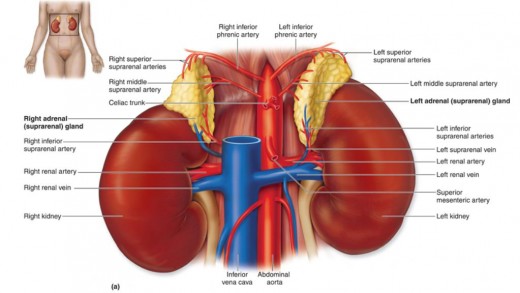
Prednisone: A Bit Of Biology First
To understand prednisone, it is first necessary to understand just a tiny bit of human physiology. Don't worry. This will be very basic.
Sitting silently there on the tops of both of your kidneys (assuming you still have 2) are a pair of pleasant glands known as your "Adrenal Glands." The word "adrenal" by the way, is from the Latin and simply means "near the kidneys." These glands, though small (each gland weighs about 2 nickles), are VERY important. They are tiny machines that pump out critical hormones into our blood stream. These hormones include adrenaline (see the word "adrenal" in adrenaline?), aldosterone, DHEA (a precursor to testosterone) cortisol and corticosterone.
SPEAKING of cortisol and corticosterone (you were...weren't you?) these hormones are sometimes referred to as "glucocorticoids" (I know, it's a mouthfull). But this is important...stick with me...we're almost done. Prednisone is ALSO a glucocorticoid! They work primarily by interacting with a cleverly named receptor, known as the "glucocorticoid receptor" or just GR. Among other things, glucocortocoids are responsible for turning down the immune system response, and thus decreasing inflammation and swelling.
The point of this little physiology review is to emphasis that Prednisone is very similar to hormones that our body already naturally produces. What we are doing with Prednisone is just giving ourselves a higher dose of a natural hormone.

Prednisone: A Bit of History
In 1950 two doctors won the Nobel Prize in physiology and medicine for their work in isolating and administering one of the hormones produced by the adrenal gland to patientas with rheumatoid arthritis. The substance was "cortisone."
In 1955 Arthur Nobile, in conjunction with drug manufacturer Schering-Plough, disovered that cortisone could be converted into prednisone by bacteria. Prednisone had more potent glucocortocoid activity than cortisone, and thus had fewer side effects when used to treat inflammatory conditions like asthma, allergies or arthritis.
Therefore, prednisone began being used in the 1950s. It is a synthetic product derived from a naturally occurring hormone. It is more potent and more specific for conditions in which inflammation is a concern.
Prednisone:
1. DOSAGE FORMS:
Prednisone is available in a variety of forms. Most commonly, it is prescribed as oral tablets. As such, it is available in a variety of strengths. Below are a couple of the most common dosage forms and strengths for Prednisone:
- Prednisone Tablets: 1mg, 2.5mg, 5mg, 10mg, 20mg, 50mg
- Prednisone Oral Solution: 5mg/5ml
2. USES: The list of potential uses for prednisone is pretty long. Here are a few of the more common reasons that prednisone is prescribed:
- Asthma
- Multiple Sclerosis
- Arthritis
- Allergic Reactions
- Certain types of cancers
3. Side Effects may include:
- Dizziness
- Headache
- Insomnia (I often remind patients to avoid, if possible, taking your dose too late at night)
- Muscle weaness
- Increased blood sugar
- Bone density loss (take extra calcium with vitamin D)
- Acne flare-ups
- Mood changes
- Stomach upset (take with food)
- Increased sweating
Prednisone & Blood Sugar
With growing numbers of people being diagnosed with diabetes, it is probably worth speaking briefly about the effects of prednisone on blood sugar. Prednisone, as mentioned above, is a "glucocortocoid." The "gluco" may sound similar to "glucose" (sugar). That isn't an accident. Glucocortocoids have a powerful effect on the way our body uses the sugar we consume.
Our naturally produced glucocorticoids influence blood sugar levels in several ways:
- They help promote the production of glucose (known as gluconeogensis)
- They help inhibit the utilization of glucose (thus leaving more glucose in the blood)
- They inhibit the effects of insulin (which is the hormone responsible for lowering blood sugar levels)
So glucocorticoids, through several mechanisms, help raise the blood sugar. This is, ordinarily, a normal, healthy process and nothing to be concerned about.
However, for those with diabetes, or for those who will be taking prednisone long-term, the effects on their blood sugar can be significant and should be monitored. Make sure your doctor knows if you have diabetes, and if possible try to monitor your blood sugar at home.
Frequently Asked Questions
1. Is Prednisone Safe?
Prednisone is not without side effects (see above). However, short terms use of prednisone is very common and rarely causes any serious concerns. Moreover, treatment with prednisone often provides very rapid recovery from serious problems like asthma flare-ups, allergic reactions and arthritis. Remember, prednisone is mimicking what your body produces normally, with a little more specificity for inflammatory conditions.
Prednisone can reduce your ability to fight infection. For short-term use, this is rarely a concern. However, it is wise to take a little extra caution and avoid situations where you are more likely to come in contact with people who are sick.
2. But isn't Prednisone a Steroid?
Yes, prednisone is in a chemical family of hormones which we call "steroids." But not all steroids are the same. Prednisone will not make you stronger. Prednisone will not produce bigger biceps. The steroids used (often illegally) by body builders are known as "anabolic" steroids. Testosterone is an example of an anabolic steroid. Prednisone is not "anabolic." In fact, long-term use may actually contribute to the loss of muscle mass.
3. How should I take Prednisone?
Ideally prednisone should be taken with food and/or milk. I tell my patients to try to take their dose(s) earlier in the day if possible, as insomnia is a common side effect when taken too late in the day. Be aware that Prednisone can increase your appetite, so watch your calorie intake and drink lots of water (helps you to feel more full). You may be more susceptible to colds and viruses while taking prednsione, so you extra caution to avoid infection (good hand washing and avoid settings where catching a cold is more likely).
SUMMARY
What is Prednisone? Below is a summary of what we have learned:
Prednisone is a synthetic hormone, similar to the hormones naturally produced by the human adrenal glands. Prednisone decreases inflammation by inhibitng our immune response. Prednisone also effects the way our body utilizes glucose (sugar). Prednisone is a safe and effective prescription medication used to treat a wide variety of medical conditions where inflammation is a primary symptom such as asthma, allergies and arthritis. Understanding the risks and side-effects that are possible with prednisone should help patients use this medication safely and effectively.
References:
- Managing Adrenal Insufficiency
- Mayo Clinic Prednisone: Risks and Side Effects
- PubMed Health: Prednisone


